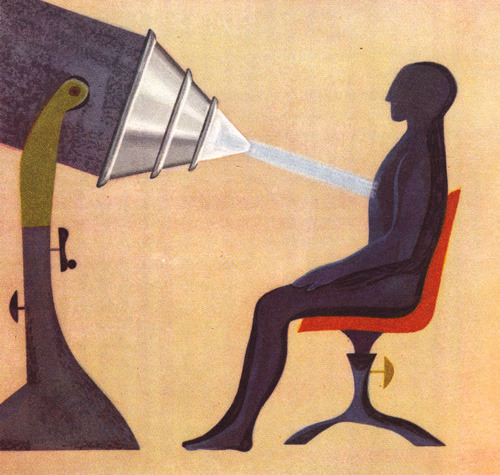“Catfish is Jerry Springer for the social media age”
“Let’s face it: panic about ‘people’ not pairing off is really panic about women not pairing off”
“the idea that technology comes from us, people, is something we are reluctant to accept”
“Stop Calling It ‘Digital Humanities’”
“temporary photography is doing something very interesting with time”
“the way that the Harlem Shake meme seems perfectly designed for the workplace”
“Everybody in the industry wants to see Spotify succeed”
“Who hates free speech? The powerful and the powerless“
“With almost 20 different speakers over two hours, not a single woman took the stage”
“Google is doing other things to recruit the fashion-savvy, particularly women”
“Writing, like drones and smartphones, is a technology”
“linguistic innovations that start with young women spread rapidly throughout the population”
“we can disturb the archive & begin to draw new connections between the personal & the technical”
“Even if an accusation is unfounded, being branded as a troll can be damaging to an online reputation”
“social engineering disguised as product engineering”
“the Internet once felt like a secret. And, like most secrets, it was mostly about sex”
Nathan is on Twitter [@nathanjurgenson] and Tumblr [nathanjurgenson.com].




Comments 9
pryvar — February 25, 2013
http://www.ncbi.nlm.nih.gov//pmc/articles/PMC3510683/#__sec19 writes:
"The Munchausen by Internet troll can be costly in several ways. A troll can disrupt the discussion on a newsgroup, disseminate bad advice, and damage the feeling of trust in a Web community. Furthermore, in a group that has become sensitive to trolling—where the rate of deception is high—some honest but naïve question can be quickly rejected as trolling. This can be off-putting to a new user who is immediately bombarded with accusations when venturing a first post. Even if an accusation is unfounded, being branded as a troll can be damaging to an online reputation."
http://en.wikipedia.org/wiki/Troll_(Internet)#Trolling.2C_identity.2C_and_anonymity (quoting "Donath, Judith S. (1999). "Identity and deception in the virtual community".") writes:
"[...] Trolls can be costly in several ways. A troll can disrupt the discussion on a newsgroup, disseminate bad advice, and damage the feeling of trust in the newsgroup community. Furthermore, in a group that has become sensitized to trolling – where the rate of deception is high – many honestly naïve questions may be quickly rejected as trollings. This can be quite off-putting to the new user who upon venturing a first posting is immediately bombarded with angry accusations. Even if the accusation is unfounded, being branded a troll is quite damaging to one's online reputation."
i thought i had read something like your quotation out of the former text somewhere else before... turns out, i had read something /almost/ like it. how odd!